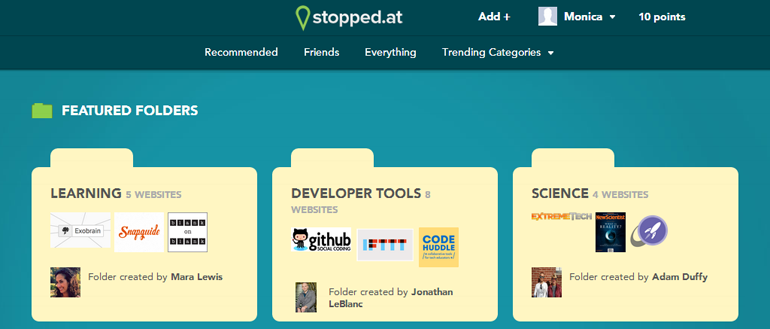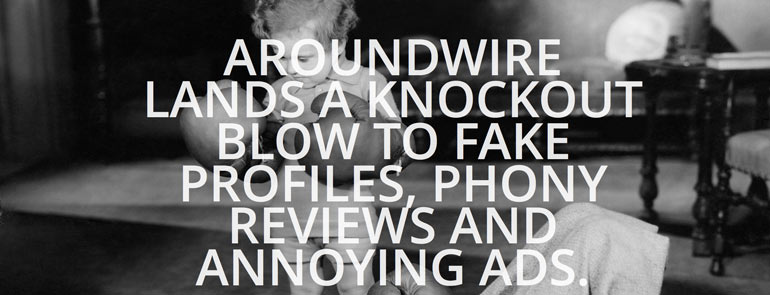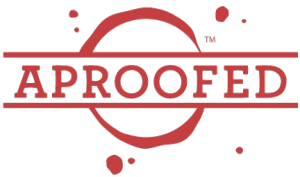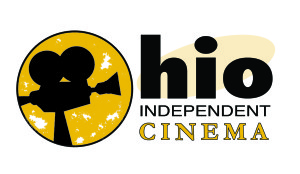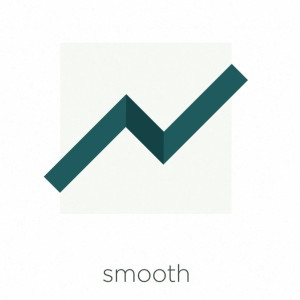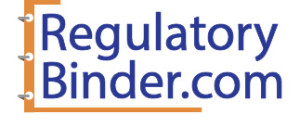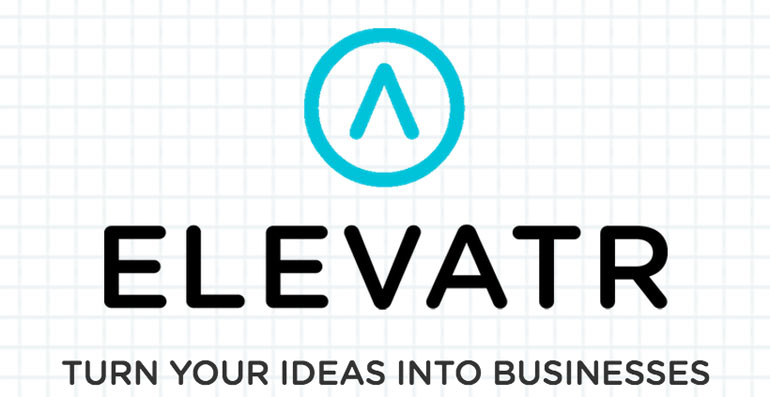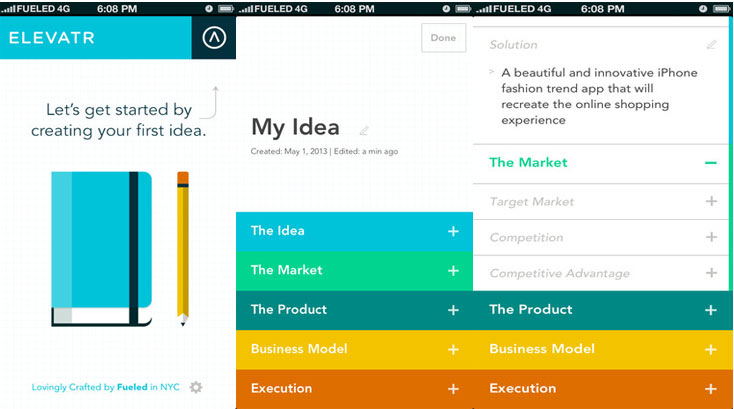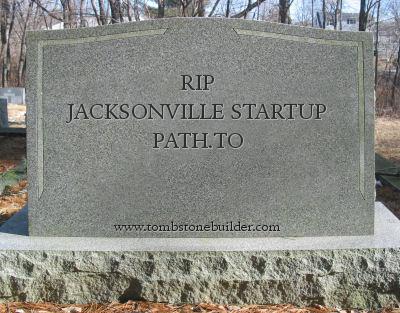 “Failing gracefully.” That’s a topic that comes up a lot in the startup world. We are all too familiar with the failure rate of startups: depending on who you ask, 70-80% of startups fail. On Tuesday we found out that Jacksonville startup path.to will be shutting down on July 19th.
“Failing gracefully.” That’s a topic that comes up a lot in the startup world. We are all too familiar with the failure rate of startups: depending on who you ask, 70-80% of startups fail. On Tuesday we found out that Jacksonville startup path.to will be shutting down on July 19th.
Almost a year ago we interviewed path.to’s CEO Darren Bounds after reporting the previous month that they had expanded their “e-harmony for jobs” startup to include Chicago, Boston, and NYC. For a while everything looked great for path.to. They were rewriting the boring old job search platform and making it more intuitive with algorithms and indepth profiles.
Not only that, but the team is incredible. We met most of them just a few months ago during Jacksonville’s OneSpark festival. A few of the Path.to team members were helping music discovery startup Aurora while others were helping social event tracking startup #eventhash. During the event, organizer Elton Rivas told us that the path.to team were very active in Jacksonville.
“Failing sucks – especially when it comes to your startup. It’s like being kicked hard in the shins right after being dumped, all while standing in the pouring rain with no cabs in sight, only to have a huge truck drive by and splash mud all over you,” path.to community manager Jill Felska wrote on the company’s blog.
What happens next for the team? Well naturally they’ll continue being innovators, entrepreneurs, and members of Jacksonville’s thriving statup scene. Specifically though, Fileska reports that many of the team will continue innovating in the hiring space and making it a happier space by working at Ignite, a job industry idea incubator also based in Jacksonville.
While the ride is officially over tomorrow, the path.to team shared these six valuable lessons they learned during the two years they were building path.to.
1) Don’t wait to solidify your monetization strategy.
“A ‘build it and they will come’ mentality has taken over the startup space. And yes, we were included in that camp. The problem is, it rarely works that way.
We started out with the strong belief that if we could build up a large, impressive user base, that the customers would follow. Unfortunately, we were wrong. We underestimated the amount of education that would be needed to sell our product – and then were very slow to give it the sales attention it really needed.
Monetization can’t be an afterthought when it comes to startups. Shiny products are great only if they’re solving a real problem that customers will pay for.” – Pete Cochrane, President
2) Technology alone isn’t the solution.
“When the product isn’t succeeding like you expect it to, working to make sure you are providing the core service to the customer is more important than continually adding features, optimizing site-speed, and conversion funnels. Perfecting the tech stuff is fun for some of us, but it is only worthwhile if it adds value to a service that people are finding useful.” – Charlie Cauthen, Technical Architect
3) Two-sided markets are a bitch.
“Building a two-sided market is hard. Really, really hard. If I had a do-over, I would start in just one or two key cities, then wouldn’t expand past them until we had built a strong community of both job seekers and businesses who saw value in our product. Becoming a go-to product or service in your launch city not only validates your idea, but also helps drive engagement in future cities.” – Jill Felska, Chief Community Officer
4) Build for the customers you already have.
“We spent a lot of our time trying to make Path.To better by adding new features, adjusting our pricing strategy and trying to make it available to as many people as possible. While important, it’s the existing customers that really matter. If you remember to focus and appreciate the users that you have, they’ll do the work of sending more people your way.” – Kristin Gattis, Path.To People Person
5) Team communication and trust is key.
“Communication is possibly your most important organizational asset. You can have the best team of engineers and designers in the world, but it means nothing if you can’t work together and solve problems. Poor communication drives down morale and can seed resentment that persists until the issue is resolved.
Learning to surface and resolve issues quickly was one of the most important lessons we learned throughout this process. While we could not identify and resolve every problem, creating an environment of open communication and feedback was crucial.
Just as you have processes to monitor the health of your product and servers, someone in your organization should also to pay attention to the the human aspect of the product.” – Joey Marchy, Project Manager
6) Test, test, test…and then learn to let go.
“The biggest thing I learned throughout the process is to test your product’s efficacy as often as possible. Constantly ask yourself whether you’re really solving someone’s problem at the core or if you’re just making current processes slightly better. Accepting that something isn’t working and changing course is more important than getting it right the first time.” – Dennis Eusebio, UX/UI Designer
Hindsight certainly is 20/20 isn’t it? The funny thing is, these lessons aren’t breaking news. They’ve all been written about before.
The problem is that it’s hard to absorb them and look critically at your business when you’re in the trenches. When things are getting done and moving along everyday.
If our team was to challenge you to just one thing, it would be this: take a step back and really look at what you’re building. What advice from mentors, articles, and your customers could impact your business for the better today? It may just save you the trouble of closing your doors someday down the road. We truly hope it does.
OneSpark was one of the biggest startup events we’ve ever seen, check out our coverage here.

 Here at Nibletz, we cover mostly high-growth technology startups. Even with a lot of noise in the space, we ultimately believe these are the ventures that are shaping our world.
Here at Nibletz, we cover mostly high-growth technology startups. Even with a lot of noise in the space, we ultimately believe these are the ventures that are shaping our world. Alexandria Lee knows firsthand what it’s like to grow up struggling. The daughter of a single mom and a drug addict dad, her story could have been one of the thousands of tragedies happening in American schools every day. Except for that one teacher who challenged her to do more. Thanks to him–a transplant from Senegal–she switched to honors classes and surprised everyone by graduating not just from high school, but also from Spelman College and Harvard Law School.
Alexandria Lee knows firsthand what it’s like to grow up struggling. The daughter of a single mom and a drug addict dad, her story could have been one of the thousands of tragedies happening in American schools every day. Except for that one teacher who challenged her to do more. Thanks to him–a transplant from Senegal–she switched to honors classes and surprised everyone by graduating not just from high school, but also from Spelman College and Harvard Law School.


